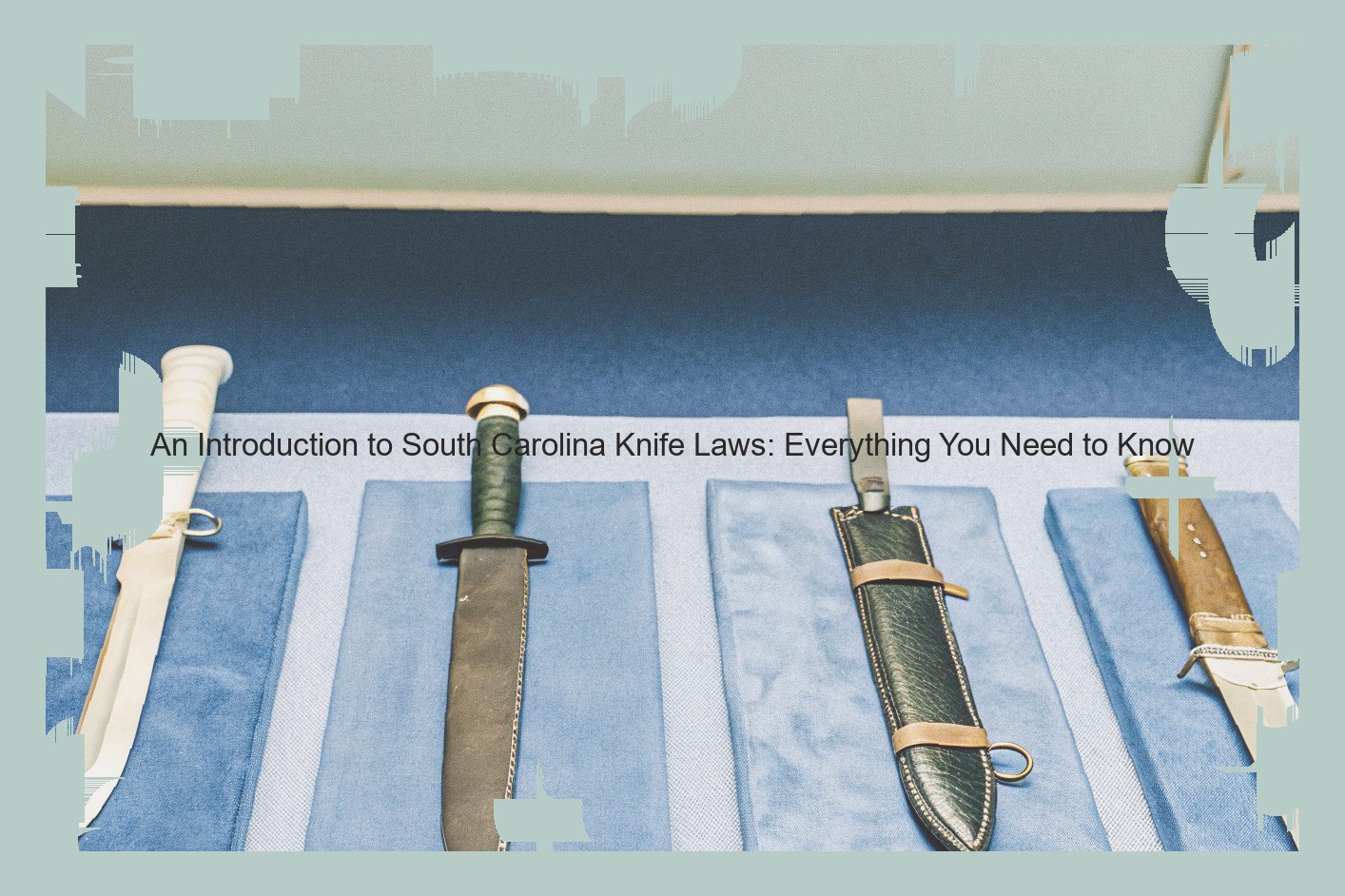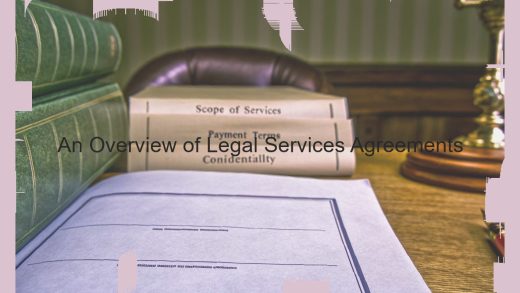A Glance At South Carolina Knife Laws
South Carolina knife laws are relatively simple and straightforward. At first glance, they may even seem non-existent. However, there are a couple of things that all South Carolinians should know. First and foremost, it is illegal to carry concealed any type of knife with a blade longer than 12 inches. This statute can be found below: (S.C. Code Ann. § 16-23-20)
(A) It is unlawful for any person to carry about his person any knife or a razor blade unless carried openly on the person. Knife means a knife, a razor blade, a box cutter or other device capable of being used as a dangerous weapon. It is unlawful for any person to have, on or about his person, any razor blade, including blades that are contained in utility type knives or school type compasses.
However, we know that a lot of times the most popular knives being produced today such as switchblades, automatic knives, spring-assisted knives, faux gravity knives, and others often come with a blade that is measured longer than the statutory limit. And the reason that this law appears to be non-existent is because carrying a concealed knife longer than 12 inches is only a misdemeanor. The penalty for this crime is as follows: (S.C. Code Ann. § 16-1-90)
An offense made punishable by a section of this code in this article is a misdemeanor unless that section expressly provides otherwise.
That being said, some sections do expressly provide otherwise. For example, concealed knives with a blade less than 12 inches can be illegal, and carry out this crime is a felony. This crime gets bumped up to a felony if someone carries about their person a "large knife capable of inflicting death." That is a good transition into the next section that Southern knifemakers and South Carolinians should know. That section is the "Large Knife statute": (S.C. Code Ann. § 16-11-520)
It is unlawful for a person to carry about his person any large knife capable of inflicting death.
Any knife shall be construed as falling within the terms of this section if, in length, it is more than eight inches from the point of the blade to the handle, or if the blade is of such width that a person may be cut or seriously injured by the same.
Fines or imprisonment shall not be imposed for a violation of this section unless the large knife was carried by the person making the arrest and is surrendered by him after the arrest is made.
Knives which were formerly referred to as "bowie knives" shall now be referred to as large knives in the preceding section.
It is a crime for any person to carry legally on his person a knife "capable of inflicting death." Although the definition is not presently codified , this statute means as it says. However, the statute puts the burden on officers to define what they believe is ‘capable of inflicting death.’ Thus, some officers require knives to have a blade larger than 6 inches to qualify as a lethal weapon. If this is the case, then a whole lot of knife lengths could potentially be construed as lethal. All things considered, a 4 inches long switchblade knife containing a 3 inch blade . . . a 3 ½ inch blade . . . and even a 2 ½ inch blade could easily be deemed a large knife. So, while this law may appear to be nothing at all, to the inexperienced eye, but South Carolinians should be aware that they can face felony charges if found with a knife that an officer believes could be lethal. Just think . . . a folder in the pocket with a thick blade base that was "de’ pointed" is a felony knife! Next, South Carolina has a ban on switchblade knives. A switchblade is defined by our legislature as follows: (S.C. Code Ann. § 16-23-220)
For purposes of Sections 16-23-220 through 16-23-240, "switchblade knife" means any knife which has a blade that opens automatically:
(1) By hand pressure applied to a button or other mechanical device either in the handle of the knife or elsewhere; or
(2) Through the force of gravity or by an outward thrust or movement of the wrist, including "gravity knife," "flip knife," "flick knife," "tactical knife," and "automatic knife."
This law qualifies as a misdemeanor and carries some pretty hefty penalties. On first offense, the punishment is as follows: (S.C. Code Ann. § 16-1-90)
An offense made punishable by a section of this code in this article is a misdemeanor unless that section expressly provides otherwise.
Therefore, the law listed above is a misdemeanor. However, the next violation ups the class of the misdemeanor. The penalties are as follows: (S.C. Code Ann. § 16-1-90)
An offense made punishable by a section of this code in this article is a misdemeanor unless that section expressly provides otherwise.
So, even though some sections include a felony upcharge, the knife is not illegal in the eyes of the state. And as I have said before, knives are a neutral object, and often times are evidence of a crime committed by the user. A felony upcharge is legal but dishonest in my opinion.

Knife Exceptions: What Is Legal To Own In SC?
In South Carolina, there are a variety of knives that are legal to own and carry without a permit. As long as you are not otherwise prevented from possessing a knife (such as being a convicted felon), the legal types of knives in South Carolina that you may own or carry include: Rambo knives and machetes. Machetes are not considered daggers and thus can be carried without a permit. Double edged dirks, daggers, knives, razor blades, box cutters, or similar instruments with blades longer than 2.5 inches. Daggers with a double-edged blade are not banned weapons. Even large dirks and daggers with a double-edged blade or blades are perfectly legal to own and carry without the need for a permit or license. Dirks and daggers with single-edged, sharpened, or pointed blades. These knives can be carried in South Carolina, but their edge cannot be sharpened. In other words, the blade’s sharp edge must be dull; however, the flat edge can be sharpened. Further, a single-edged, sharpened, pointed knife, such as a chef’s knife, can be used for utility purposes or other legitimate purposes, as long as you possess it and carry it for that purpose. Bowie knives. Bowie knives are essentially daggers with a wide blade, so they can be carried without a permit or license. Dirk knives. According to the South Carolina Supreme Court, dirks are different than daggers: "The defining characteristic of a dirk as opposed to a dagger is that the dirk is a knife with a single edge of sufficient depth to make the knife a stabbing instrument. In contrast, a dagger is a knife with two edges of sufficient depth to make the knife a stabbing instrument. . . . The basic dagger shape, with two relatively deep cutting edges, gives the dagger the ability to slash as well as stab." Edwards v. State, 307 S.C. 186, 189 (1992). A dirk knife is therefore distinct from a dagger and, as discussed above, legal in South Carolina.
Prohibited Ways or Places To Carry A Knife
While South Carolina law allows for the increased freedom to carry many types of knives, with very few exceptions, there are a few places where all knives are prohibited, regardless of blade length or type. South Carolina Code section 16-23-430 prohibits knives of any kind on the property of a school, preschool or childcare facility, at either a public or private institution of higher learning, at a sporting event, or while on any bus or other form of public transportation. Knives of any type are also prohibited in the "secure" areas of a packing or other processing plant for poultry or livestock in which South Carolina law requires inspection by the United States. Packing plants are not necessarily "secure" as defined in the first paragraph among the general public, despite the plant being fenced. A knife example would be a packing plant that processes pigs or chickens. Any sort of knife is prohibited within those plants.
Penalties: What Happens If You Violate SC Knife Laws
Violations of South Carolina’s knife laws can have serious legal consequences, ranging from misdemeanors to felonies. A person may be charged with a misdemeanor or felony depending on the circumstances of the violation. A conviction for any offense may have troubling effects .
A summary of the penalties for common knife law violations:
The violations listed above are provided as examples; a violation of any South Carolina knife law will result in some type of penalty. A lawyer should be consulted whenever a knife law violation has occurred. South Carolina Knife Laws are complex, and a lawyer with experience in this area can guide you through the various laws and develop a winning strategy.
Self Defense And The Use Of Knives
"Though the use of a deadly weapon may be unlawful for the purpose of aggression, yet when employed in self-defense, it is not only lawful but may even be your duty."
– The Supreme Court of South Carolina explicitly upheld this principle in 1870 (State v. McDaniel’s 51 S.C. 302, 302 (1870) ("That the use of a deadly weapon in self-defense, at common law, was lawful, has been the universal voice of uncounted ages, and is agreed to in all ages of Christendom.") The laws governing self-defense incorporate self-defense (SD) immunity (aka Stand Your Ground) as codified in S.C. Code Ann. § 16-11-410, SD duty to retreat or Stand Your Ground (Section 16-11-440 (A) (1), (2), and (3), and immunity from civil and criminal liability for self-defense (Section 16-11-450, 451, and 470). The doctrine of self-defense is based on its common law origins and legislatively adopted immunity concepts – no duty to retreat (SD immunity); duty to retreat (Stand Your Ground); and immunity from civil and criminal liability (self-defense). "As a general rule, however, a person may stand his ground and defend himself without retreating." State v. Reddick, 172 S.C. 51, 53 (1927). The circumstances of a frantic attack of a deadly weapon upon a person presents a question of fact to be determined by the jury under proper instructions; Standing v. Kentucky, 104 S.E.2d 161, 166 (KY Dist. Ct. 1958); Hendrickson v. State, 29 S.E.2d 243, 244 (Va. 1944); State v. Antes, 152 A. 849, 852 (Conn. 1931); State v. Macready, 38 P. 4 (Utah 1894) discussed in State v. McDaniel’s 51 S.C. 302 at 303-305 (1870). It is well settled law in South Carolina that "a person at first attacked is not bound to retreat." State v. Edwards, 301 S.C. 102, 106 (1988) (citing State v. Millwood, 331 S.C. 514, 517 (1998)). There is a presumption of a reasonable fear of imminent peril of death or great bodily injury; and a rebuttable presumption of an intent to inflict such injury. In that context, a threat to the assailant, even a verbal threat, is sufficient to establish a reasonable apprehension of physical harm. State v. Millwood, 331 S.C. 514 (1998) (husband threatened to kill wife, grabbed her by neck and slapped her, and pulled out a gun and threatened to kill husband was sufficient to overcome rebuttable presumption of intent to kill). See also State v. Mobley, 304 S.C. 452 (1991) (threat to shoot victim with shotgun over 21 times and two pulled guns accompanied by actual firing of gun was sufficient to overcome rebuttable presumption of intent to inflict great bodily injury); State v. Hutchinson, 303 S.C. 244, 248 (1990) (subjective fear of harm is objective standard requiring the assault plus accompanying remarks sufficient to overcome rebuttable presumption of intent to inflict great bodily injury); State v. Mills, 357 S.C. 350 (2004) (unlawful entry armed with a deadly weapon is sufficient to establish SD immunity and rebuttable presumption of intent to kill; assault and threatened shooting was sufficient to overcome rebuttable presumption of intent to inflict great bodily injury and any objective observer must have known such alleged acts could cause great bodily injury); State v. Bass, 364 S.C. 185 (2005) (unlawful entry without permission over property line was sufficient to establish reasonable belief of imminent peril of death or great bodily injury). "A mere verbal apology is not a retraction of the declaration from which the inference of an intention to commit an unlawful act may be drawn." State v. McDaniel’s 51 S.C. 302 at 309 (1870) (citing Whart. Crim. Law, § 781). Absence of inquiry following threat by husband may tend to corroborate wife’s testimony that husband had pulled his gun and threatened her. State v. Mobley, 304 S.C. 452 (1991) (failure to ask husband about gun following threats and physical violence sufficient to confirm wife’s testimony).
Keeping Up To Date: Sources And Updates
Staying informed about knife law changes in South Carolina is critical for both safety and legal compliance. Whether you are a knife enthusiast, a dealer, or simply someone interested in understanding the legal landscape, it is crucial to familiarize yourself with the relevant laws, from prohibited types of knives to carrying restrictions. The legal environment surrounding knives is subject to change, making it paramount to keep abreast of all regulatory efforts and amendments that may impact your interests.
To stay up to date on South Carolina knife laws and related regulations, consider the following resources:
- Official South Carolina State Government Website: The state’s official website regularly publishes updates on legislative changes , including any amendments that affect knife laws.
- South Carolina Police Department: Local law enforcement agencies often provide educational materials and guidance on the legalities surrounding knife ownership and carrying in South Carolina.
- Legal Publications and Blogs: Various legal blogs and publications frequently cover updates to state laws and provide an in-depth analysis of changes. While these may contain useful information, always verify the information with an authoritative source.
- Knife Rights Organizations: Several organizations are dedicated to advocating for knife owners’ rights throughout the country, including in South Carolina. They offer resources and updates on legal changes and often involve themselves in legal battles or advocacy efforts aimed at the legalization of certain knives.
- Consult a Legal Expert: If you are uncertain about South Carolina knife laws or how they may affect you, consult a lawyer who specializes in this area.



